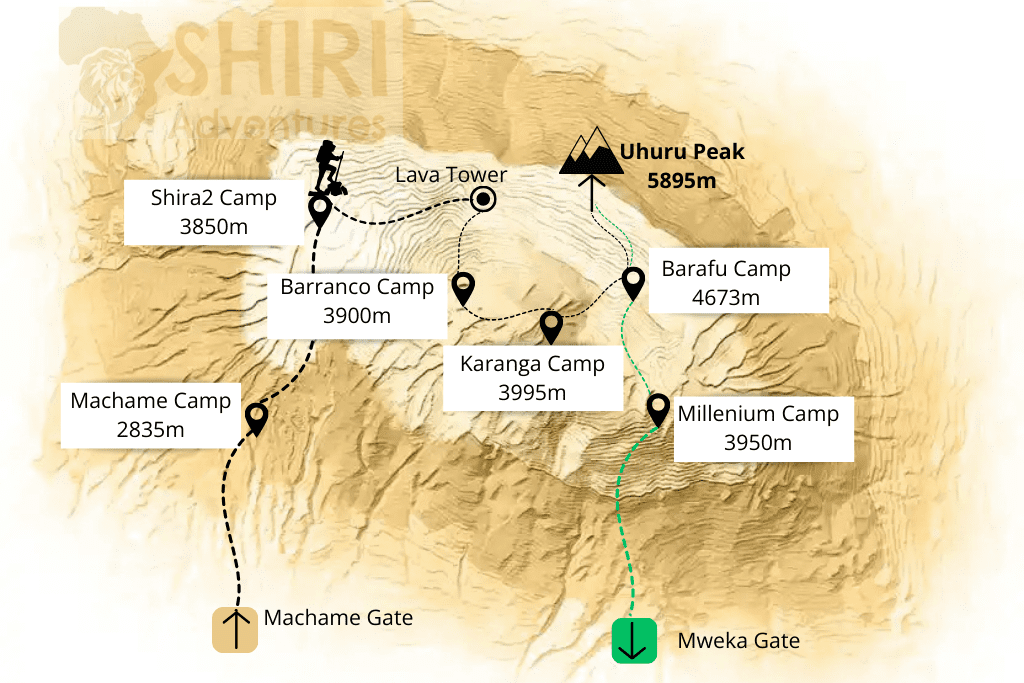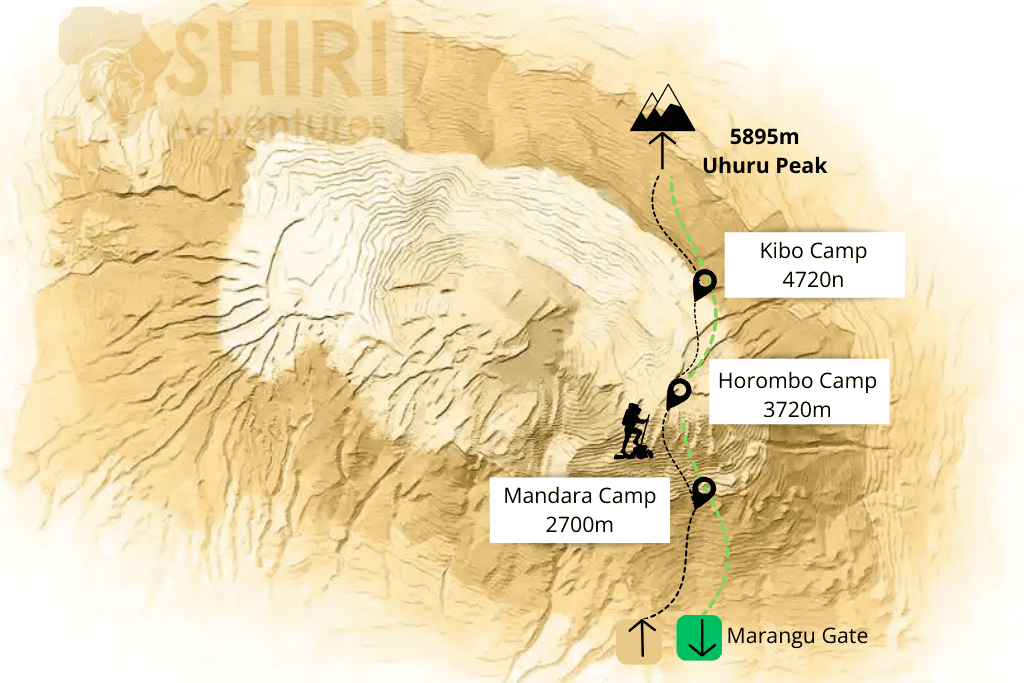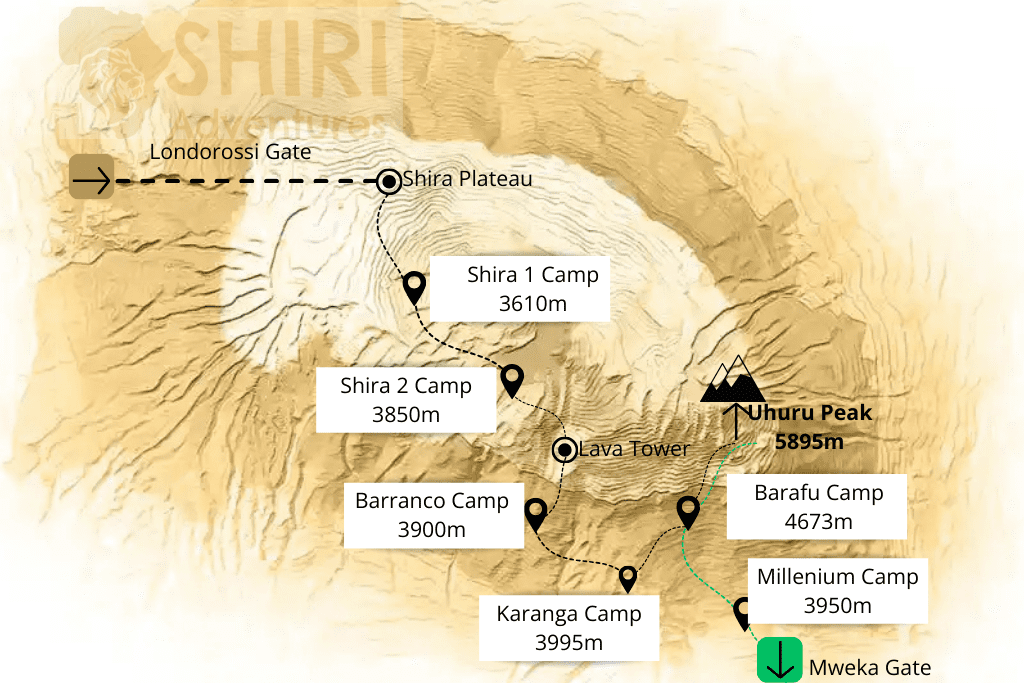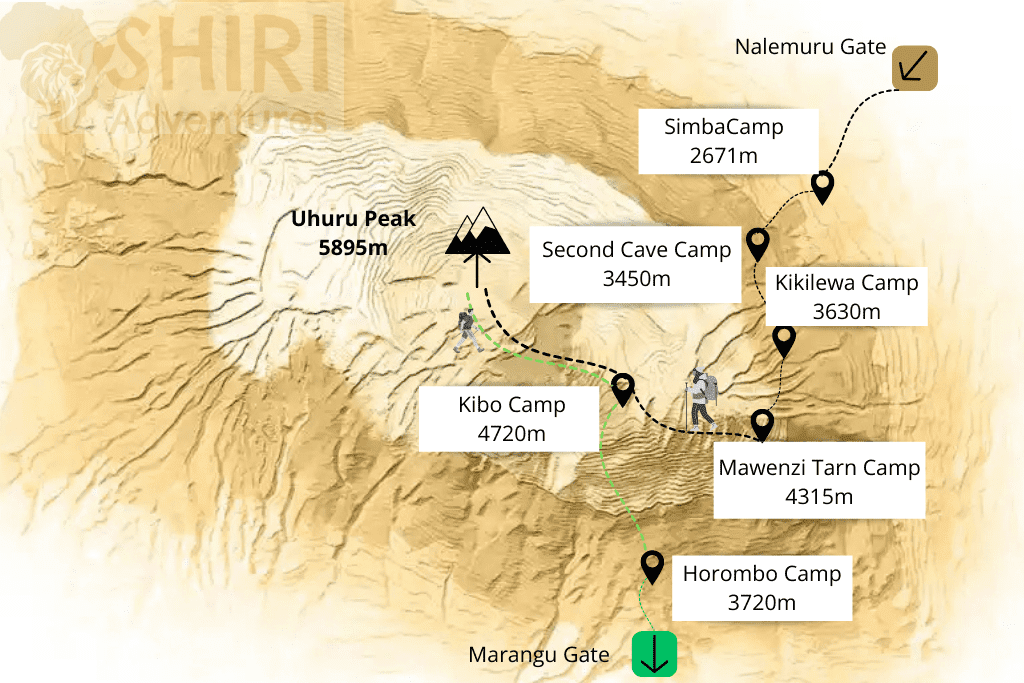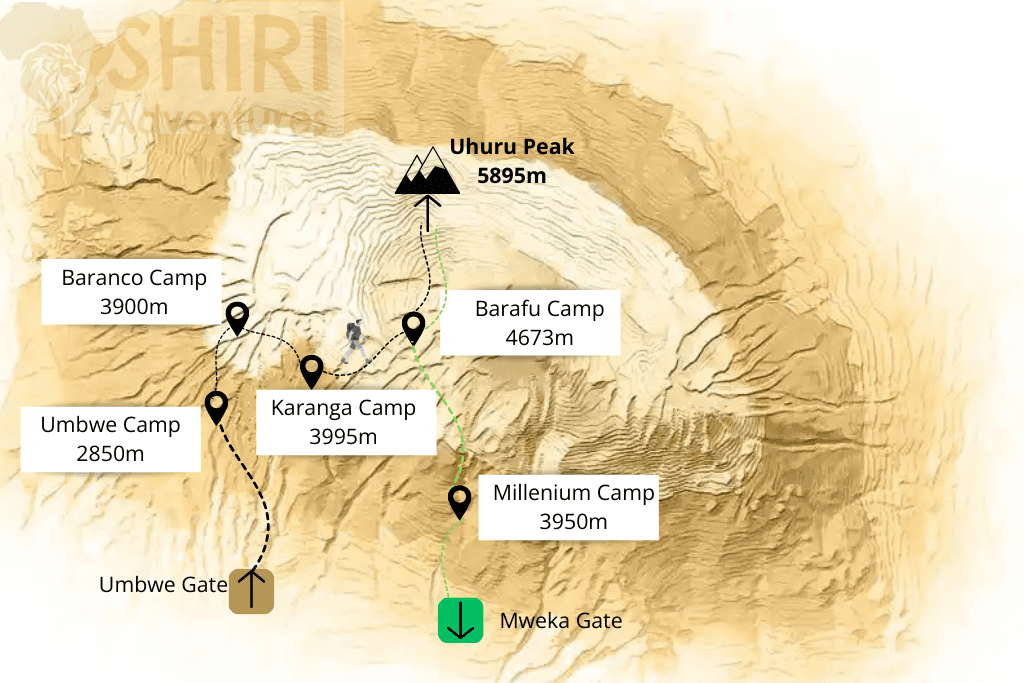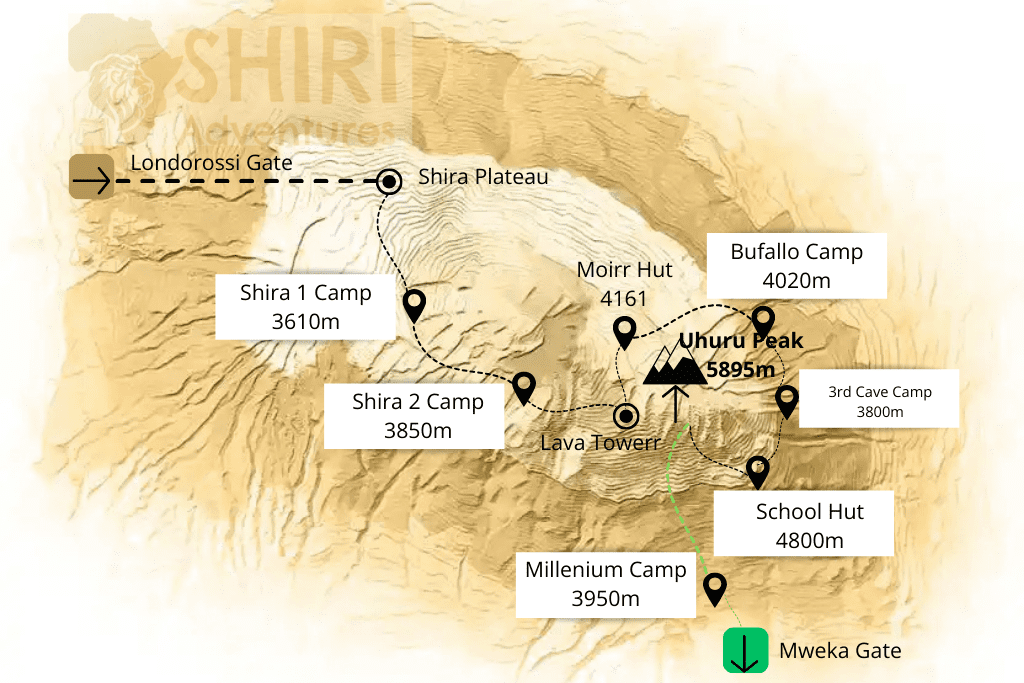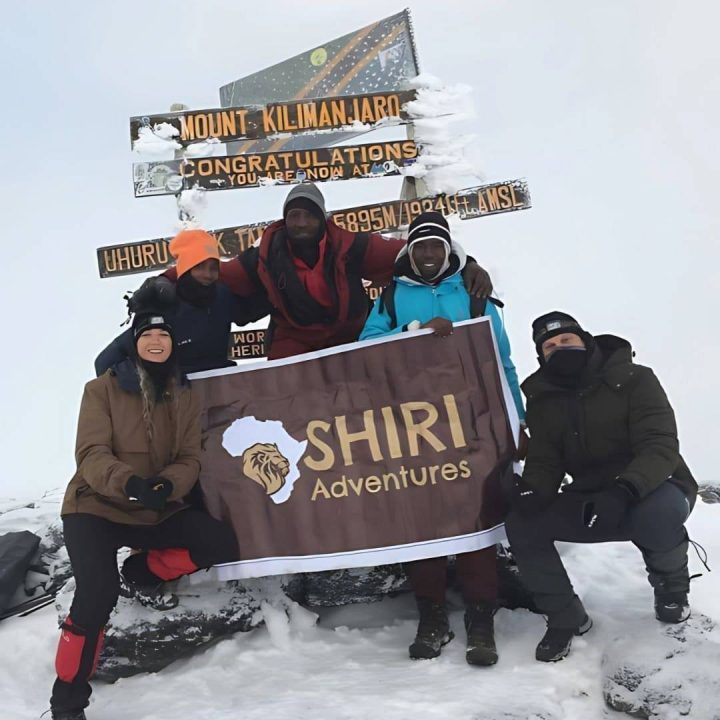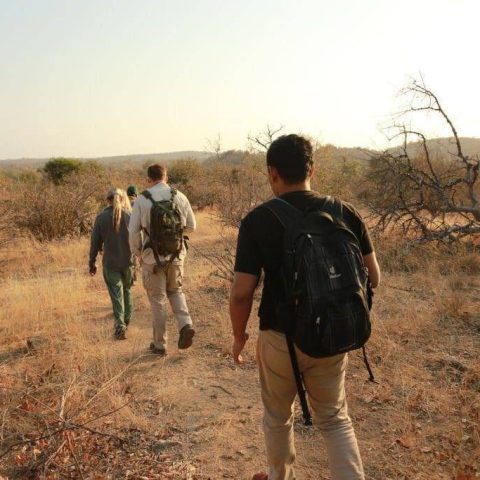The food on a Kilimanjaro climb is designed to provide climbers with the necessary energy and nutrition to sustain them during the physically demanding trek. Meals are typically hearty, high-energy, and nutritious, consisting of a mix of carbohydrates, protein, and fats to keep your energy levels up.
Expect to have three main meals a day: breakfast, lunch, and dinner. Breakfast often includes porridge, eggs, toast, or pancakes with fruits and hot drinks like tea or coffee. For lunch and dinner, meals are usually rice, pasta, or potatoes served with vegetables, beans, or meat (often chicken or beef), providing the necessary carbs and protein. Snacks like energy bars, nuts, trail mix, or fruit are often provided during breaks to keep your energy levels up throughout the day.
The food is cooked by a team of porters, and although it is simple, it is made with care. Due to altitude and cold temperatures, hot meals are especially appreciated. Meals are typically served in a mess tent and are well-prepared for the conditions.
Some trekking companies can accommodate specific dietary preferences or restrictions, such as vegetarian, vegan, or gluten-free options, with prior notice. However, it’s important to communicate your dietary needs when booking the trek.

